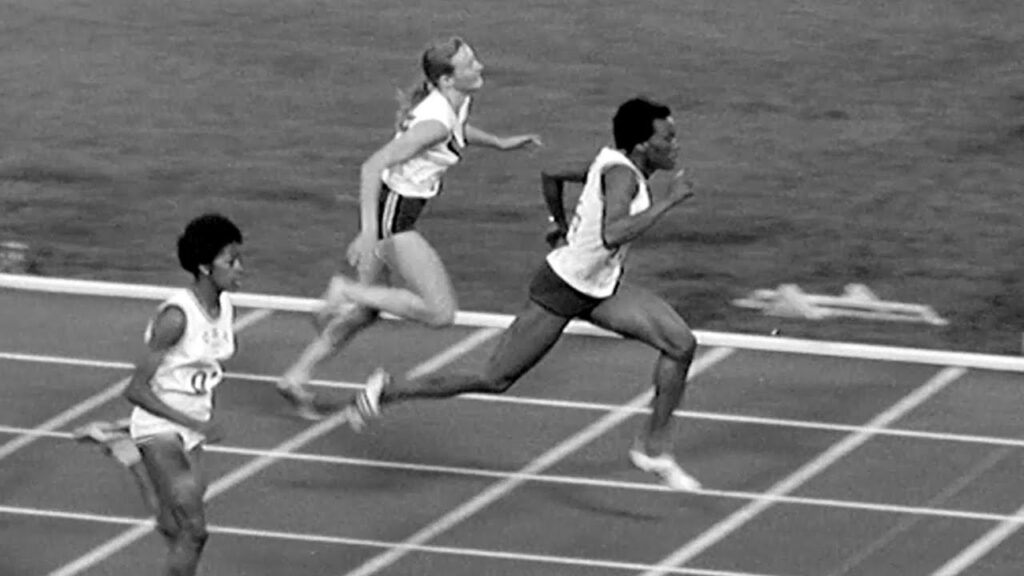The Olympics is one of the most celebrated sporting events in the world, an undertaking that happens every four years which tests the mettle of athletes from all over the planet. If all you know about the Olympics is the schedule and the countries that have hosted the games in recent times, then these 20 incredible and awesome facts will blow your mind.
1. The Olympic Games are a sporting event today. But in ancient times, they were a religious celebration used by the Greeks to honour Zeus. Records suggest that they started in the 8th Century.
2. The Olympic Games continued for 12 centuries before the rise of Christianity brought them to a close. Emperor Theodosius I decided to ban all pagan festivals. The Olympics were among the events that seized to exist as a result.
3. 1500 later, the games were resurrected. A French scholar by the names of Baron Pierre de Coubertin launched a campaign across Europe to revive them. He succeeded. The games were finally held once more in 1896 in Athens.
4. Coubertin, who is credited as the founder of the modern Olympics, also designed the five interconnected rings, the symbol for the games. This was in 1912. The rings represent the five major regions of the world. The rings are coloured. Every national flag has at least one of these colours.

5. Abebe Bikila was the first African to win a gold medal. He ran a marathon in 1960 that was made famous by the fact that he wore no shoes.
6. The oldest athlete to compete in the Olympics was Oscar Swahn, a Swede who was 60 when he won the gold medal for marksmanship (1908) and 72 when he won the silver medal at the Antwerp Olympics.
7. The youngest Olympian was Dimitrios Loundras, a gymnast who was 10 when he won the bronze medal in 1896.
8. No one will ever beat Dimitrios’ record. This is because it was decided in 1997 that participants in the Olympics couldn’t be younger than 16.

9. People initially followed the goings-on of the Olympics by listening to the radio. Germany changed all that during the Berlin Olympics (1936) when theirs became the first event to be televised across the country.
10. The Olympics were cancelled in 1916 (Berlin), 1940 (Helsinki), and 1944 (London). The 1916 cancellation was the result of WWI. The other two cancellations were caused by WWII. These are the only instances in modern times in which the Olympics were cancelled.
11. In the beginning, before they were banned, only men could participate in the Olympics. They wore no clothes. Their objective was to honour the gods by oiling themselves and looking masculine.
12. This was at a time when the Olympic games would last six months.

13. Women started appearing in the games in 1900.
14. The 2012 London Olympics lasted a little over two weeks. And yet the Olympic Village required 165,000 towels.
15. Oddly enough, the Olympic games have an official language: English and French. Naturally, the official language of the host country always gains prominence during the event.
16. The Olympic Torch is lit by an actress dressed as a Greek Priestess. She uses a parabolic mirror and the light of the sun to get the job done. This was the way it was done in ancient times and the tradition has survived.

17. The Olympic Torch has been to space on more than one occasion. Obviously, it wasn’t lit.
18. In 2012, all the participating countries in the Olympics sent female athletes. It was the first Olympics in which something like this happened.
19. The gold medals are not made of gold. The primary component is silver with a little bit of gold. A medal of pure gold would cost $28,000.
20. Australia, Greece, France, Britain, and Switzerland have made an appearance in all modern summer Olympic Games.




